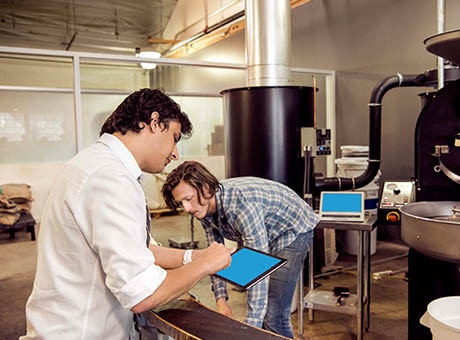Upgrading from a basic point of sale (POS) system or a traditional cash register is a lot like swapping out your printed map (remember those?) for a GPS before setting out on your next epic road trip. An upgraded POS system introduces innovation to your operations, streamlining day-to-day processes and liberating you from the constraints of more dated technology.
What does this mean for your small business? Whether you're running a quick-service restaurant, a mobile pet grooming service, or a boutique retail store, the right POS system can redefine the efficiency of your operations and elevate your customers’ experience.



